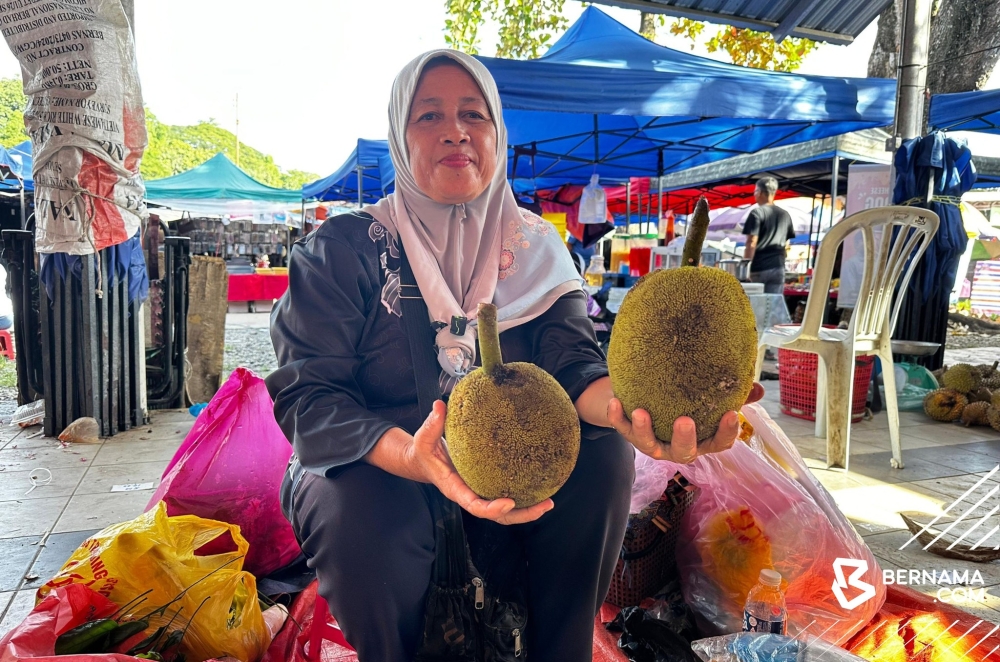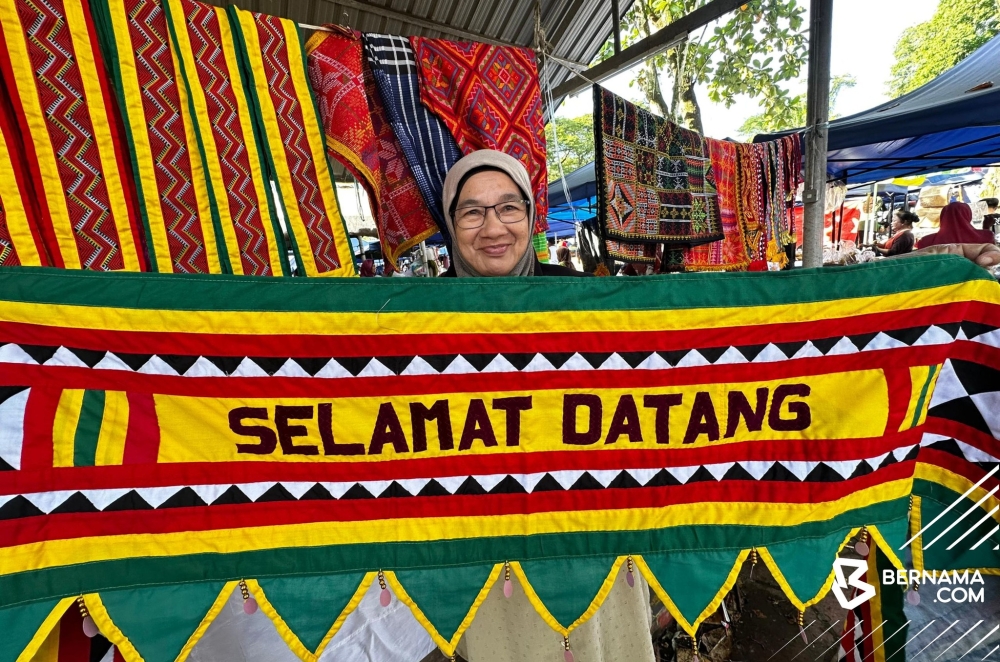KOTA BELUD, Nov 22 — The Tamu Kota Belud’s reputation as one of Sabah’s most iconic weekly markets is built on its vibrant mix of traditional goods, local produce and a history stretching back over a century.
Established in 1878 by William Pretyman, the first British Resident of Tempasuk (now known as Kota Belud), the market has served for over 135 years as a vital hub, bringing together Sabah’s diverse communities.
Every weekend, the market, located approximately 80 kilometres from Kota Kinabalu, serves as a meeting point for the Bajau, Dusun and Iranun communities, who gather to trade, buy, or simply soak in the atmosphere of a traditional market that has retained its original character.
A survey by Bernama found that visitors arrive early in the morning to avoid the midday heat and to browse a wide variety of items, ranging from food and plants to local produce and handicrafts that are deeply woven into the fabric of the local culture.
Cultural diversity is not just acknowledged; it is celebrated. The aroma of traditional cakes, the scent of local coffee and sounds of friendly haggling combine to create a unique experience that can only be found at the Kota Belud Tamu.
The Kota Belud market, which was originally located in Kampung Siasai, is also the premier destination for finding hard-to-source fruits such as tarap, bambangan and Brazilian longan, more commonly known as matoa.

A trader at the Kota Belud ‘tamu’ in Sabah holds up ‘tarap’, a pungent but sweet fruit with soft bristles indigenous to Borneo. — Bernama pic
For Samsiah Ahat, 59, who has earned a living here for over 25 years selling forest plants, vegetable seedlings, flowers and wild Rosella, the market’s current site in the town is far more comfortable and organised.
“It’s a world of difference. It was very simple back then, just basic. Now it’s clean and has proper shelters, all provided by the district council,” she told Bernama.
Beyond plants, the market is also renowned for its rare items, including traditional machetes, mengkuang mats, rattan baskets and various local handicrafts, which are highly sought after by visitors.
Norhayati Jaran, 48, a salted fish trader who entered the business at the age of 14 with her late mother, said facilities like toilets and lighting have made a significant difference.
According to Norhayati, the transformation of the Kota Belud Tamu is remarkable compared to the past, when they used to trade on muddy ground, with no lighting and dilapidated structures.
She noted that the market’s authenticity is a major draw for visitors, including those from Peninsular Malaysia, who often seek out salted fish, especially the highly sought-after ‘ikan liking’, a local specialty.
Ikan liking is a type of trevally that is salted and sun-dried until firm. While it can fetch between RM20 and RM80 per fish elsewhere, here it is still sold for as little as RM5 each.
She added that the Kota Belud market is more than just a marketplace; it is a living bridge connecting tradition with new generations, proving that local heritage and cultural products remain relevant in the lives of Sabah’s community.
Kota Belud contains four state constituencies that will be contested in the 17th Sabah State Election on Nov 29: Pintasan, Tempasuk, Usukan, and Kadamaian.
According to the Election Commission, 1,784,843 voters are eligible to cast their ballots in this state polls, comprising 1,760,417 ordinary voters, 11,697 military personnel and their spouses, and 12,729 police personnel and their spouses.
For the latest news on the 17th Sabah State Election, visit the special Bernama portal at https://prn.bernama.com/sabah/index.php. — Bernama

